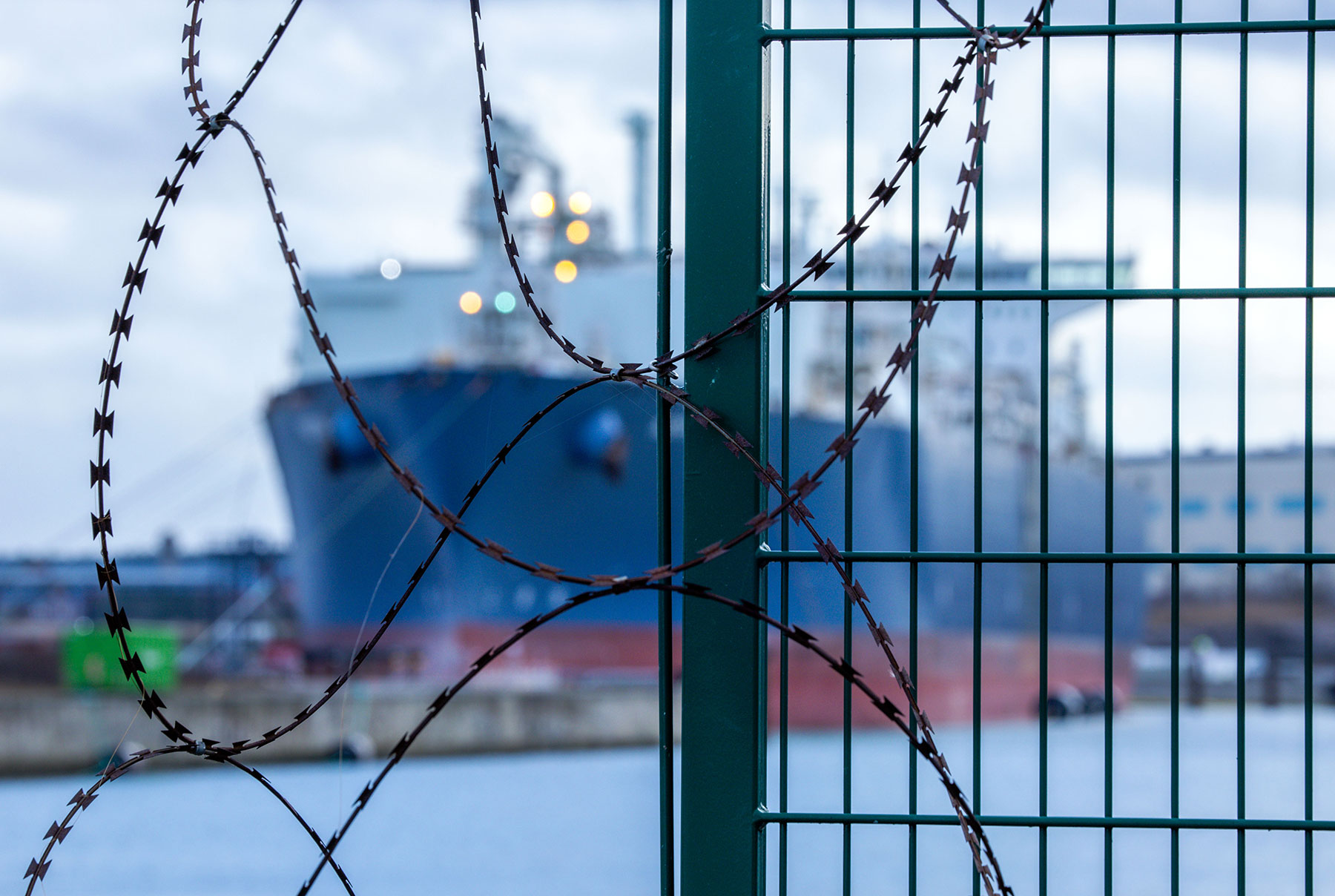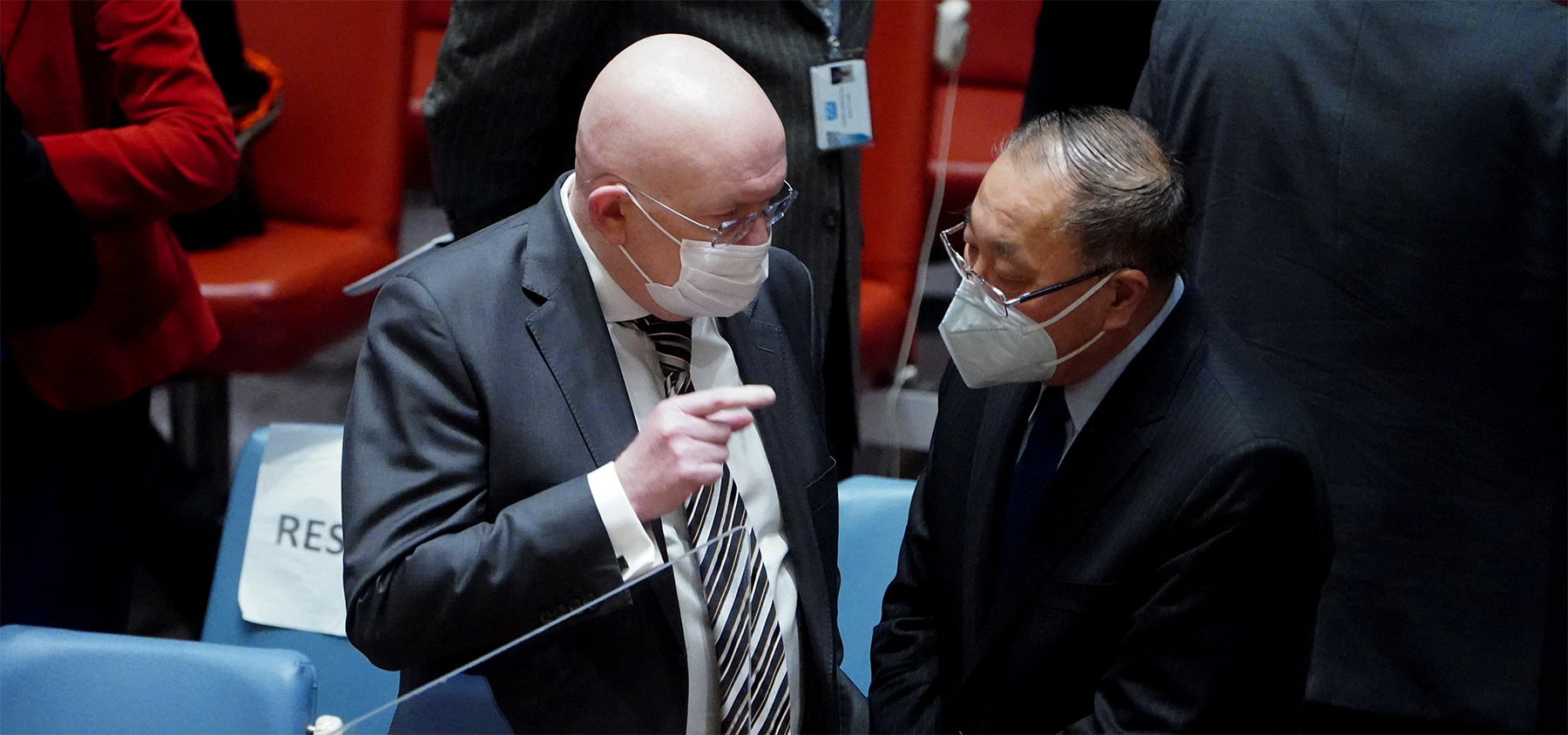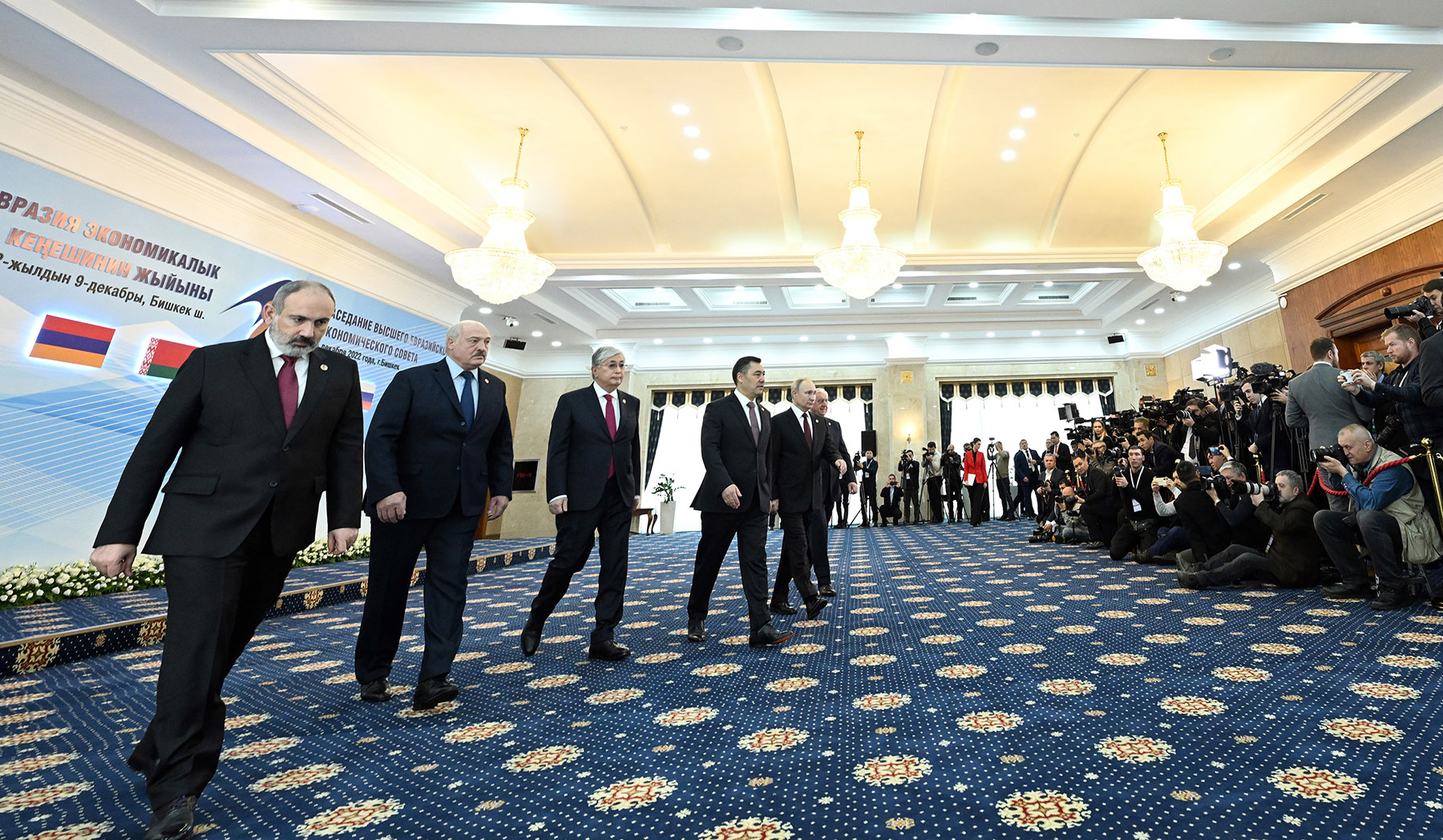The concept of the “black knight” is well-covered in the literature which exists on sanctions. As a rule, it is understood as a state that, despite the sanctions regime of individual initiating countries, continues to cooperate with the target country. Ultimately, such cooperation helps the target country to adapt to the sanctions, reduce the damage from them and overcome some or all of the consequences of isolation from the economies of the sanctions’ initiators.
After the end of the Cold War, the “black knights” seemed to have faded into the shadows. Not a single power directly challenged the United States and did not seek at all costs to help countries under sanctions. China carefully built economic relations with the DPRK, Venezuela and Iran, but kept in line with UN Security Council resolutions, avoiding confrontational steps. Russia began to return to the role of the “black knight” only in the mid-2010s. The most striking episode could be its support of the Syrian government. But here, too, Russian assistance was more military than economic.
Since the start of the Special Military Operation in February 2022, a coalition of Western countries has imposed a significant amount of sanctions on Russia. The country turned out to be the biggest-ever target of economic restrictions, both quantitatively and qualitatively. The “world majority” abstained from them. However, calling them “black knights” is still premature. Businesses in countries which are friendly towards Russia are very cautious, fearing secondary sanctions or prosecution by the US authorities and their allies.
Friendly countries have played an important role in reorienting Russian exports and replacing retiring imports. Trade with friendly countries helped mitigate the effects of the sanctions. However, many problems remain. For example, the transfer of Russian oil products to Asian markets will be more difficult compared to trading in crude oil. Replacing Western imports in the consumer sector will be easier than replacing industrial equipment or high-tech goods. Most importantly, friendly countries are still unlikely to be ready to act as “black knights” in the form which was acceptable in the 20th century. Russia must first of all rely on its own forces.
The concept of the “black knight” is well-covered in the literature which exists on sanctions. As a rule, it is understood as a state that, despite the sanctions regime of individual initiating countries, continues to cooperate with the target country. Ultimately, such cooperation helps the target country to adapt to the sanctions, reduce the damage from them and overcome some or all of the consequences of isolation from the economies of the sanctions’ initiators.
Historically, the “black knights” have relentlessly followed in the wake of sanctions. In international relations, cases are common when a competitor of the initiator helps the target country. Russia has played a similar role many times. In the early 19th century, Alexander I actually sabotaged the Continental blockade — the system of sanctions used by France and the countries that joined it against Great Britain. Earlier in the 18th century, France itself supplied weapons to the American rebels, bypassing the British blockade. During the Cold War, US sanctions often led to assistance from the Soviet Union. China, North Korea, Cuba, Vietnam and many others received it in large volumes. After the end of the Cold War, the “black knights” seemed to have faded into the shadows. Not a single power directly challenged the United States and did not seek at all costs to help countries under sanctions. China carefully built economic relations with the DPRK, Venezuela and Iran, but kept in line with UN Security Council resolutions, avoiding confrontational steps. Russia began to return to the role of the “black knight” only in the mid-2010s. The most striking episode could be its support of the Syrian government. But here, too, Russian assistance was more military than economic.
Since the start of the Special Military Operation in February 2022, a coalition of Western countries has imposed a significant amount of sanctions on Russia. The country turned out to be the biggest-ever target of economic restrictions, both quantitatively and qualitatively. The “world majority” abstained from them. However, calling them “black knights” is still premature. Businesses in countries which are friendly towards Russia are very cautious, fearing secondary sanctions or prosecution by the US authorities and their allies.
Russia’s relations with potential “black knights” are determined by the structure of the sanctions imposed against it. They can be divided into three large blocks. The first is financial sanctions. They imply a sharp narrowing of financial transactions with foreign counterparties due to blocking sanctions against domestic banks and similar sanctions against a wide range of individuals and legal entities. This can also include the disconnection of a number of financial institutions from SWIFT, sectoral financial sanctions, bans on investments, on the import of the currency of a number of Western countries, etc. The second block is export control. We are talking about a ban on the supply to Russia of a wide range of industrial equipment, electronics, dual-use products, and consumer goods. Basically, such restrictions are aimed at curbing industrial and military modernisation. The bans also apply to third countries, that is, they often cannot transfer their products to Russia in the event of any connection with the jurisdiction of the initiating countries (licenses, technologies, equipment, etc.) The third block is import control, that is, a ban on supplies to countries importing key Russian commodities — oil and oil products, coal, iron and steel products, gold, etc. The goal is to deprive Russia of export earnings. To these three blocks, we can add informal corporate boycotts as well as hundreds of stopped Western deliveries.
Russia itself hadn’t expected the help of the “black knights”, and made vigorous efforts to adapt to the new restrictions. Preparations for the worst-case scenario began long before the start of the SMO. The de-dollarisation of foreign trade was launched, Russia’s own financial infrastructure was created (in the spring of 2022 it saved the economy from financial collapse in the first weeks of the “sanctions tsunami”), and import substitution was underway. However, the scale of sanctions after February 2022 has clearly exceeded worst-case expectations. Many measures had to be taken on the go. They’ve included parallel imports, concessions for business, and a quick search for new markets and suppliers. Business itself has played the most important role in adapting to the sanctions. Relations with friendly countries helped Russia adapt, but each case had its own limitations and specifics.
China is becoming the largest and most promising partner for Russia among the friendly countries. During 2022, Russian-Chinese trade grew by more than a third. The share of the yuan in Russian export settlements has increased significantly. If in January 2022 the share of the Chinese currency did not exceed 0.5%, then in December 2022 it increased to 16%. It is too early to talk about the transformation of the yuan into a universal means of payment for Russia in transactions with third countries. However, given the growing Western pressure on the Russian financial sector, the yuan has every chance to strengthen its role in Russian transactions both with China itself and with other counterparties. However, Chinese banks fear secondary US sanctions or the loss of Western markets. It will not be easy for Russian individuals under Western sanctions to make settlements with third countries, even with the help of the yuan. Such caution was observed even before the onset of the SMO. The Chinese payment system UnionPay appears to be avoiding transactions involving Russian sanctioned entities.
New political realities create unprecedented favourable conditions for Chinese business in the Russian market. But for now, China is hardly ready to act openly as a “black knight”, challenging regulators in the US, EU and other Western jurisdictions.
The growth of Russian-Indian trade has reached even higher values. Compared to 2021, this bilateral trade has almost tripled. However, trade with India is a mere tenth the value of Russia’s trade with China. The growth is provided mainly by Russian oil supplies. In itself, this is a step forward, especially given the embargo on Russian oil in the US, the EU and other countries that initiated the sanctions. But there are problems with balancing. The imbalance of exports and imports makes it difficult to use rubles and rupees in mutual settlements. Indian business is also very cautious in dealing with Russian counterparties. The Indian market is important for Russia, but India itself, like China, can hardly be considered a “black knight” yet.
The same can be said about Turkey. Trade volumes have showт significant growth. Turkey has become an important hub for the supply of goods to Russia by companies that have left the country, as well as for the re-export of Russian goods. Turkish banks experimented with the MIR card. But here, too, there are pitfalls. In September 2022, Turkish banks, as well as financial institutions in such friendly countries as Kazakhstan, Armenia, Uzbekistan, and others, drew attention to the US Treasury Department’s warning about possible sanctions for use of the MIR system in the interests of sanctioned Russian entities. Threats from US authorities remain a significant factor for banks in friendly countries. Turkey will remain an important partner in the supply of those goods and transactions that are not yet covered by the sanctions of the United States and other initiators. The expansion of sanctions will also affect Turkish business, although the extent of this impact is still difficult to assess.
Russia’s natural partner is Iran, which has been under sanctions for a long time. Here, too, there has been an increase in trade indicators. Apparently, it was with Iranians that we’ve managed to move forward in the development of a system of mutual financial settlements. Work is underway on the ambitious North-South infrastructure project. But there are problems here, too. The Tehran Chamber of Commerce, in particular, warned the Iranian business community to exercise caution in working with Russia.
Bottom line, friendly countries have played an important role in reorienting Russian exports and replacing retiring imports. Trade with friendly countries helped mitigate the effects of the sanctions. However, many problems remain. For example, the transfer of Russian oil products to Asian markets will be more difficult compared to trading in crude oil. Replacing Western imports in the consumer sector will be easier than replacing industrial equipment or high-tech goods. Most importantly, friendly countries are still unlikely to be ready to act as “black knights” in the form which was acceptable in the 20th century. Russia must first of all rely on its own forces.
First published in the Valdai Discussion Club.







